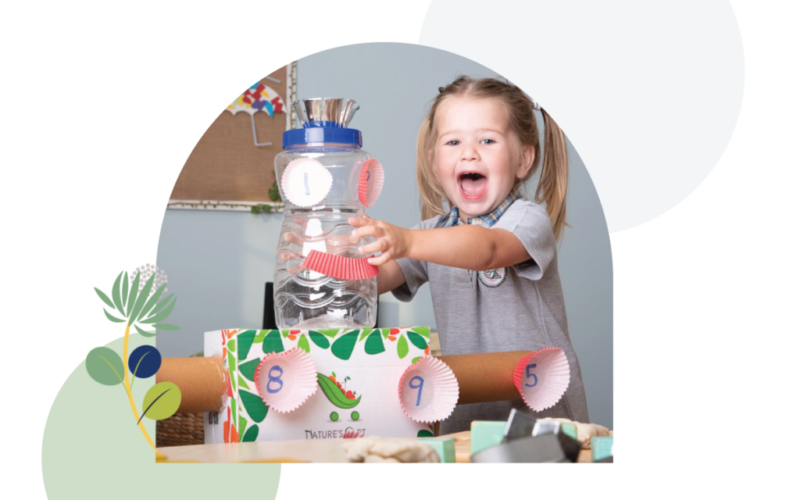A high-quality nursery school curriculum plays a significant role in shaping a child’s early years education. An effective curriculum nurtures a love of learning, supports children’s physical, cognitive, emotional, and social development, and prepares them for future academic success.
Child-centered approach:
The best nurseries Dubai curriculum should consider a child-centered approach. Children learn best when they are actively engaged in hands-on experiences that allow them to explore and discover at their own pace. The curriculum should offer opportunities for children to lead their learning, make choices, and develop independence.
Developmentally appropriate practices:
The curriculum should align with children’s developmental stages and abilities. Activities and materials should be age-appropriate, challenging yet achievable, and tailored to meet individual needs and interests. Teachers should differentiate instruction based on each child’s unique learning style and rate of development.
Integrated learning:
Integrated learning combines multiple subjects and disciplines into one cohesive unit or theme. This approach allows children to see connections between different topics and gain a deeper understanding of concepts. Integrated learning also provides opportunities for cross-curricular exploration, including literacy, math, science, art, music, and movement.
Play-based learning:
Play is a fundamental part of childhood and an integral component of an effective nursery school curriculum. Play-based learning offers opportunities for children to experiment, take risks, and solve problems in a safe and nurturing environment. Through imaginative play, children develop language skills, social-emotional competencies, and creative problem-solving abilities.
Real-world connections:
Real-world connections provide relevance and meaning to children’s learning experiences. Incorporating real-life examples and experiences into the curriculum helps children connect new knowledge to familiar situations and contexts. These connections also help children develop practical life skills and prepare them for future academic pursuits.
Assessment and evaluation:
Assessment and evaluation are critical components of an effective nursery school curriculum. Ongoing assessment helps teachers identify children’s strengths, weaknesses, and progress towards meeting learning objectives. Formative assessments include observations, checklists, portfolios, and anecdotal records. Summative assessments evaluate children’s achievement levels at the end of a unit or semester.
Cultural relevance ensures that the curriculum reflects and values the diversity of the student population. Including diverse perspectives, languages, traditions, and histories in the curriculum helps children recognize and appreciate differences and similarities among people from various backgrounds.
